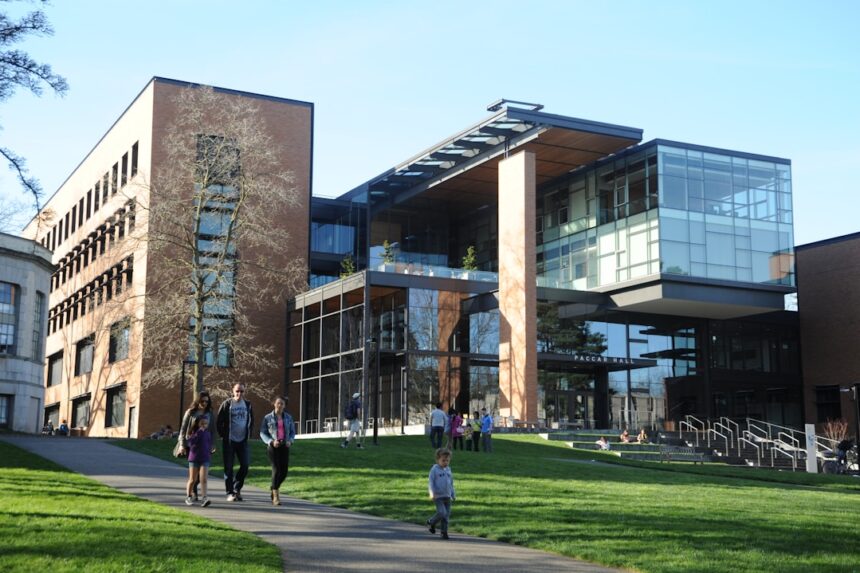Overcoming addiction while pursuing a degree program is a challenge that requires a dedicated approach and the right set of strategies. Addiction can significantly impede academic progress, making it difficult to focus on studies and maintain good grades. However, with determination and support, many have successfully navigated through this dual journey. In this article, we explore practical tips and tricks to help individuals balance their academic responsibilities with addiction recovery, so they can achieve their educational goals while maintaining sobriety.
Leveraging Campus Resources for Substance Abuse Support
Students combating addiction can find vital support through campus resources. Counseling services offer personalized assistance for substance abuse issues, while health centers provide wellness programs promoting a substance-free lifestyle. These programs often include educational workshops and access to services like Drug and Alchohol detox in California for immediate needs.
Engaging with student groups focused on sobriety fosters a supportive community, crucial for academic and recovery goals. Disability services can also arrange accommodations such as extended test-taking time or sober-friendly housing. These resources are essential for students navigating the challenges of addiction while pursuing their education.
Strategies for Balancing Academic Responsibilities with Addiction Recovery
Prioritizing tasks and communicating early with professors about potential challenges is crucial for students in recovery from addiction. Establishing a clear daily routine and dedicating specific times for studying and attending support meetings can create a structured environment conducive to recovery. Being transparent with academic advisors about the recovery journey can lead to additional support and guidance in navigating coursework and accessing resources for academic success.
Breaking down large assignments into manageable parts helps reduce stress and anxiety for students in recovery. Joining study groups with peers provides a sense of community and accountability, particularly during stressful periods like exams, and sharing experiences can lead to shared coping mechanisms that support recovery.
Incorporating a Healthy Lifestyle to Support Sobriety and Learning
For students in recovery, maintaining a healthy lifestyle is key. Regular exercise, balanced nutrition, and enough sleep are essential for mental clarity and stress resilience, aiding both sobriety and academic success. Incorporating mindfulness practices like meditation and yoga into daily routines can reduce anxiety and improve concentration, crucial for preventing relapse and managing emotional swings during studies.
Staying hydrated, limiting caffeine, and opting for natural energy sources like fruits and whole grains help sustain energy levels and prevent study session crashes. Taking breaks for relaxation and hobbies outside of academics is vital for maintaining a healthy balance between schoolwork and recovery efforts.
Time Management Techniques for Students in Recovery

Time management is vital for everyone, especially those in recovery and pursuing demanding fields like a medical technology degree. Setting achievable daily, weekly, and semester goals is crucial for focus and a sense of accomplishment. Planners or digital calendars help organize tasks and deadlines, preventing anything from slipping through the cracks.
Allocating specific time blocks for study and recovery activities creates a balanced schedule. Procrastination is a common pitfall, but breaking study materials into smaller segments and starting early can alleviate pressure. Techniques like the Pomodoro method enhance productivity and prevent burnout. Learning to say “no” to social engagements conflicting with recovery or study commitments is essential. Protecting time for priorities ensures alignment with academic and sobriety goals.
Building a Supportive Network for Long-Term Success in Academia and Sobriety
Developing a strong support network is crucial for success in overcoming addiction and achieving academic goals. This network can include understanding friends, supportive family members, helpful mentors, and caring healthcare professionals. Regularly engaging with support groups and campus organizations provides ongoing assistance and fosters accountability. These connections offer invaluable encouragement and understanding during challenging times.
Building relationships with faculty members can open doors to academic opportunities and provide essential guidance for future career paths. Contributing to the community through volunteering not only gives a sense of purpose but also helps in building a professional network for future endeavors.
Overall, balancing recovery from addiction and academic demands is challenging but achievable. By prioritizing self-care, utilizing resources, managing time efficiently, and building a strong support system, students can succeed academically while maintaining sobriety. This dual achievement signifies resilience and paves the way for a brighter future.


